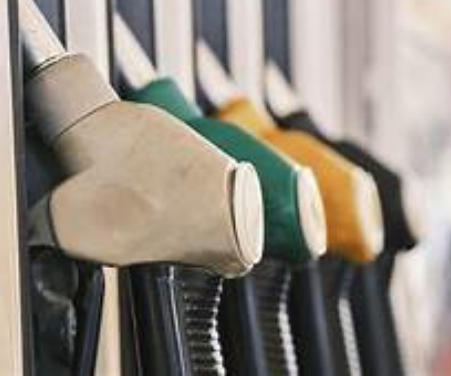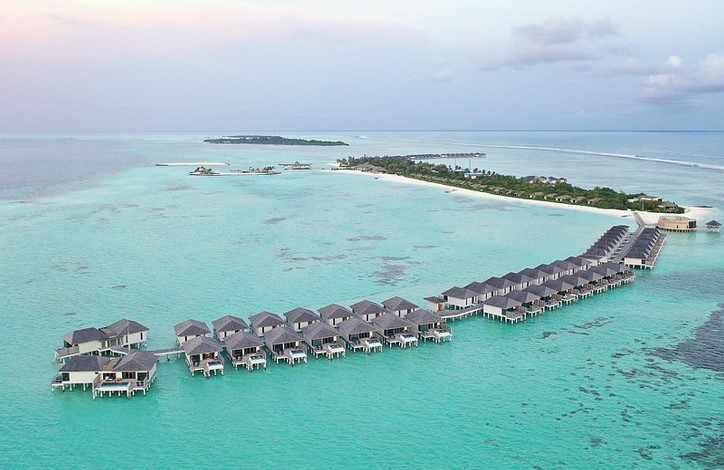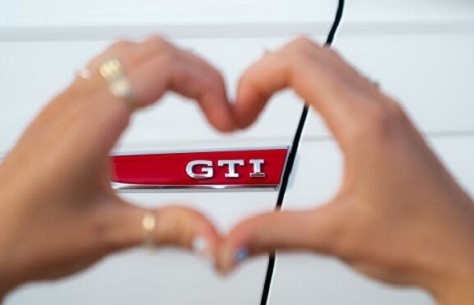Opening its doors for the first time in September 2021, Le Méridien Maldives Resort & Spa, is dedicated to running with a strong sense of environmental consciousness, with a range of pioneering programmes that promote a culture of best practice through resort operations.
Fringed by a vast lagoon, the coral reef that forms and surrounds the resort islands is one of the most complex ecosystems on earth. Le Méridien Maldives Resort & Spa, in collaboration with its dive and watersports partner Sub Oceanic, is monitoring the condition of the reefs around the resort.
A coral restoration programme was put in place during construction, involving resort owners, management, dive and watersports operators, and the local community. Coral regeneration plays an important part of the resort's experiential programme, with educational programmes available at the resort. Regeneration work of hard corals to date has already increased the number of marine life around the resort, particularly reef fish such as surgeonfish, damselfish, angelfish and more.
In an effort to increase the sustainability of its dining, Le Méridien has begun using a greenhouse-to-plate approach for its restaurants. A significant step towards self-sufficiency, "The Greenhouse" is a semi-automated hydroponic system that produces fresh leafy vegetables for resort guests and consumption on neighbouring islands. Developed in conjunction with Singapore-based company Kok Fah Technology Farm, the 500 m² greenhouse uses a range of state-of-the-art technologies, including an automated irrigation system that captures and recycles rainwater.
This produces clean vegetables that are free of pesticides, grown in a stress-free environment and particularly nutrient-rich through the use of peat moss. Guests can also get involved: by gardening in the greenhouse or attending culinary experiences such as the Harvest Table, a weekly supper club dining experience that spotlights hydroponic farming practices whilst enjoying imaginative dishes with a conscience.
The resort's remote location presents a challenge when it comes to fresh water supply; the desalination plant overcomes this by converting seawater into drinking water. Through reverse osmosis, the purified water is available as still and carbonated (sparkling) water. The plant has two separate taps; one provides chilled still water, the other sparkling.
The water is then transferred into Le Méridien brand reusable glass bottles to supply the rooms and restaurants. There are two complimentary bottles in each guest villa, which are refilled daily.
Food waste is converted into compost in a state-of-the-art facility, which is used throughout the resort's landscaping. The composting method is an automatic process of dehydration, and microbes decompose the food waste. In the process, the system is self-contained, releasing no odour or visible smoke. This method can compost up to 200 kilograms of waste per day.
In addition, the resort uses a glass bottle crusher as part of its recycling and reduction strategy: When bottles are needed for hygiene and storage solutions and there is no alternative way to reuse them, they are crushed to reduce the volume. The ground glass powder can be reused in cement blocks and up cycled into the resort's art classes.
Solar panels were installed on all roofs as well as on the back of the house, in addition to solar-powered lighting along guest walkways at night, helping to significantly reduce dependence on fossil fuels. A total of 1,500 solar panels were installed on the property (320wp per panel).
The resort's solar panel initiative is one of the largest in the Maldives, with a large percentage of the resort's energy being supplied by solar power. The resort estimates a cost saving of 700 to 1,200 litres of diesel per day for the entire resort or approximately 438,000 litres per year.











